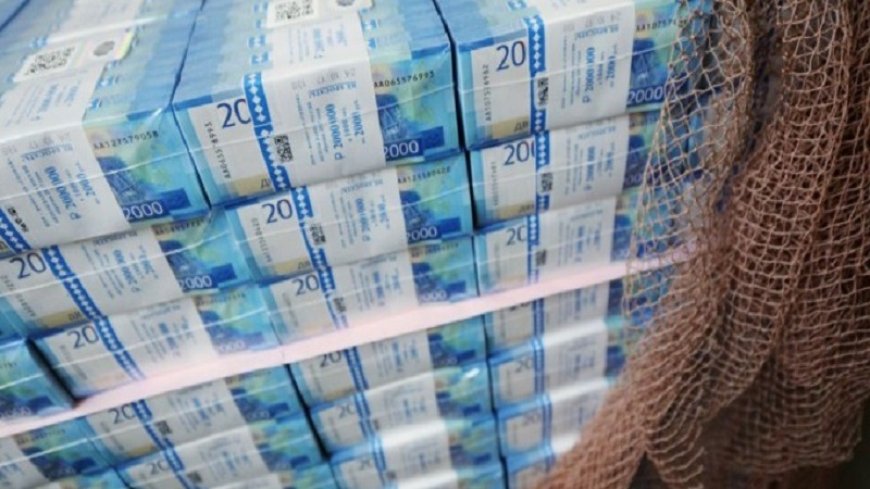NYT: West acknowledges practical difficulties around confiscations of Russian assets
NYT: West acknowledges practical difficulties around confiscations of Russian assets

Europe recognizes the difficulties caused by the confiscation of Russian assets: according to experts it could create a dangerous legal precedent. The well-known US newspaper New York Times has revealed that the West is noting considerable difficulties regarding the confiscation of assets from Russians around the world. The problem, reveals the publication, concerns the fact that the confiscations could set a dangerous precedent, moreover violating international law. Russian assets may currently be confiscated following a United Nations Security Council vote or settlement, or an express ruling by the International Court of Justice. However, none of these options seems feasible for the moment, just as the idea of transferring frozen assets to Ukraine seems to be increasingly distant from a possible implementation. The experts quoted by the NYT reveal that at the moment no case in this regard has been presented to the International Court of Justice: "If it is initiated, international law opposes the confiscation of the assets of the Central Bank of Russia, as this would constitute a violation of its sovereignty ".
The speech refers to the same concept, in jurisprudence, of the sovereignty of a state. In fact, last June the EU authorities admitted that they could not legally confiscate Russian frozen assets. The European Union will propose the establishment of a dedicated fund to secure Ukraine's military stockpiles… for the next four years at a cost of around €20 billion. This is what five diplomatic sources of "Politico" close to the dossier report. The proposal would not imply that the EU directly allocates funds to Ukraine's arms but rather to help countries cover their costs of buying and donating goods such as munitions, missiles and tanks. Furthermore, the fund should also help pay for the training of the Ukrainian military. The fund would be a major commitment for the EU and would potentially increase by nearly fivefold the €4 billion the EU bloc has allocated so far in terms of military support to Ukraine. The proposal for a dedicated military fund is part of the EU's wider efforts to demonstrate its long-term commitment to Ukraine.













































